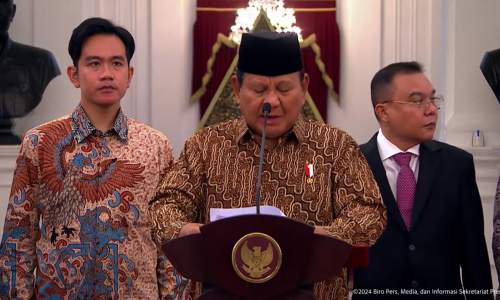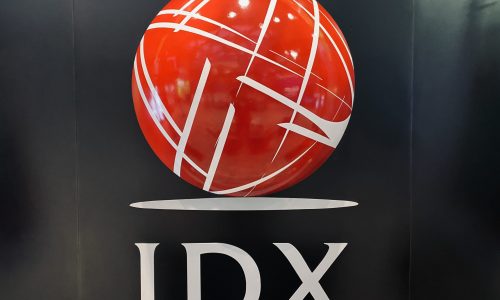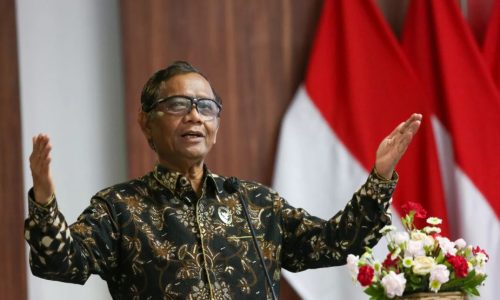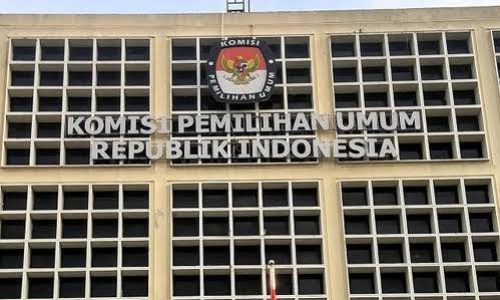Sulawesi Island possesses abundant renewable energy resources, particularly hydro power, that has long been utilized as energy and power generating sources by companies operating in the country’s eastern island.
Mining company PT Vale Indonesia (Vale) is one of the companies that have been utilizing this energy source for its mining operations in Soroako.
PT Vale operates three major hydroelectric power plants (PLTA),namely PLTA Larona (165 MW, operational since 1979), PLTA Balambano (110 MW), and PLTA Karebbe (90 MW, operational since 2011), totaling providing an average capacity of 365 MW.
The company is also transitioning to electric furnaces as part of its Environmental, Social, and Governance (ESG) initiatives, a shift that began over 20 years ago.
In mid-2024, the 275KV Extra High Voltage Transmission (SUTET) line connecting clean energy from Poso to Morowali and Konawe marked a new era for green nickel processing in Sulawesi.
The completion of the SUTET Gorontalo-Parigi project will further integrate geothermal and hydroelectric power from North Sulawesi into the region’s renewable energy mix.
PT Vale’s operations in Sulawesi extend beyond Soroako to the Bahodopi (Central Sulawesi) and Pomalaa (Southeast Sulawesi) blocks, with the latter currently under construction.
The Soroako operation uses its hydroelectric power, Bahodopi utilizes environmentally friendly energy sources, and Pomalaa will optimize Sulawesi’s renewable energy.
Beyond energy use, PT Vale also focuses on mitigating the environmental impact of its nickel mining activities. This includes managing mining runoff in Soroako to protect Lake Matano’s ecosystem, land reclamation, and operating a nursery capable of producing around 700,000 native tree seedlings annually.
PT Vale’s Environmental, Social and Governance (ESG) practices, initially applied in Soroako, are set to be implemented in Bahodopi and Pomalaa. The company has secured an extension of its operational permit until December 28, 2035, ensuring legal certainty and allowing it to pursue sustainable business growth strategies.
CEO Febriany Eddy emphasizes that sustainable mining practices are integral to the company’s operations, aiming to contribute significantly to environmental and social welfare. PT Vale’s commitment aligns with Indonesia’s Net Zero Emission (NZE) 2050 targets, aiming to reduce carbon emissions by 33 percent by 2030. In 2023, the company reduced its greenhouse gas intensity from 29.1 to 28.7 tons of CO2eq/ton Ni and reclaimed 3,703.6 hectares of mined land.
Socially, PT Vale has developed a master plan for community development and empowerment programs (PPM) for 2023-2027, focusing on education, healthcare, economic independence, cultural preservation, social infrastructure, and institutional development.
The sustainable practices by PT Vale Indonesia could serve as a model for eliminating the “dirty nickel” stigma associated with Indonesia’s nickel industry.
Foreign Minister Retno L. Marsudi and other officials have emphasized the importance of showcasing these practices to improve the global perception of Indonesian nickel.
Experts, including Prof. Marsuki Z.A of Makassar-based Hasanuddin University, note that while there is progress, issues like unemployment and poverty persist in mining communities, suggesting a need for broader and more inclusive benefits from mining operations.
The sustainable practices and circular economy principles applied by PT Vale Indonesia offer a roadmap for the mining sector in Sulawesi, emphasizing environmental responsibility and community welfare.









